For anyone can't tell their Tennants from their TARDISes, here's the Euronews Culture guide to everything you need to know about Doctor Who.
Doctor Who is about to return. 60 years after the pioneering sci-fi show first hit British television sets, the time-travelling alien is set to come back with a bang.
David Tennant, arguably the most popular actor to ever play the role takes up the moniker once again for a three-episode burst before he’s replaced by Ncuti Gatwa, a tantalisingly exciting young actor known for his scene-stealing turn in Netflix’s Sex Education.
Sci-fi TV is often notoriously convoluted, making it a challenge to jump in for the uninitiated. If you’re not clued up all things Whovian before Tennant takes to the screen again this Saturday (25 November), you may baulk at the concept of starting with a show entering its 40th season and 872nd episode.
For anyone who’s yet to step aboard the TARDIS (we’ll explain later) or fight a Dalek (surely you’ve at least heard of that one), here’s the Euronews Culture condensed guide to Doctor Who.
(FYI, “essential episodes” refers to either standalone episodes or story-arcs when applicable.)
Classic era
William Hartnell (1963-1966)
Many of the show’s key details feature in the very first episode of the show, which debuted on BBC One on 23 November 1963. It was the day after JFK was assassinated, a year since the Beatles released their first single and to many Brits, the world felt on a collision course with cultural change.
Played by British actor William Hartnell, the Doctor first doddered onto screen as an elderly aloof eccentric. Alongside his granddaughter and her two teachers, the Doctor whisked TV viewers away from the doldrums of their ordinary lives back to the Stone Age.
Already in that first episode, the trope of the Doctor as a well-meaning if unusual character who attracts companions along for journeys in time and space was clear. Most important to that first episode though was another character: the TARDIS. An acronym (suggested by his granddaughter) for “Time and Relative Dimension in Space”, the TARDIS is the Doctor’s time machine. Supposedly able to change its appearance to fit in with its surroundings, the TARDIS got stuck as a 60s era police phone box, turning a once-quotidien detail of British streets into an icon. That the TARDIS is far roomier inside than it’s blue box camouflage exterior has led to the catchphrase said by nearly all new entrants: “It’s bigger on the inside”.
In the second story of Hartnell’s time as the Doctor, his intrepid TARDIS team encountered another icon. The Daleks were an instant hit. The pepper pot-shaped violent alien race terrorised British screens and sparked “Dalekmania”, as children across the nation became obsessed with them.
Essential episode: An Unearthly Child
Patrick Troughton (1966-1969)
When Hartnell decided to hang up his hat, the BBC came up with a brilliant way to keep the show running in perpetuity. Instead of simply recasting and pretending nothing had happened (as would happen for the sixth James Bond film three years later), the writers realised they could feature the recasting into the plot.
The Doctor had already been introduced as a time-travelling alien, so the show added in a new detail to his otherworldly characteristics. Instead of dying, the Doctor “regenerates” into a new body. Cue the introduction of the second Doctor, as played by Patrick Troughton.
Responding to the growing hippy movement of the 60s, Troughton brought an air of whimsy to the character that would prevail throughout many iterations after him. Other key additions to his era were new villains the Cybermen. These cyborg creatures devoid of emotion were introduced during the episodes that led to Troughton’s debut and have featured regularly throughout the show.
Troughton was also the first Doctor to use a sonic screwdriver, the character’s universal tool. In keeping with Doctor Who’s joy in curiosity over violence, that the Doctor carries a screwdriver over a gun is a deep part of the character’s mythos.
Essential episode: The War Games
Jon Pertwee (1970-1974)
The final story for Troughton’s Doctor introduced many other key elements of the show. It was the debut appearance of the Doctor’s home planet Gallifrey and his alien race The Time Lords.
As a result of stealing the TARDIS, the second Doctor is sentenced to regeneration and exile on Earth. Thus begins Jon Pertwee’s tenancy in the role. Pertwee, cravat in tow, carved a more cutting edge to the Doctor. Unable to travel through time, the third Doctor resolves to work with the alien-focused military intelligence group UNIT. This era really embraces the idea of the show as an action and adventure show.
Another big name entered the Doctor’s world during Pertwee’s era – a new arch-nemesis, the Master. A renegade Time Lord, the Master has been with increasing bravado during the show’s modern era by John Simm, Michelle Gomez and Sacha Dhawan.
Essential episode: Inferno
Tom Baker (1974-1981)
For many older Doctor Who fans, there is little argument who is the quintessential actor to play the role. Tom Baker brought the classic era of the series to new heights of popularity. The actor who played the Doctor longer than any other, Baker brought a new level of eccentricity paired with delectable charm – and an absurdly long multicoloured scarf that is now a visual shibboleth between nerds worldwide.
Alongside Baker were some legendary companions. The intrepid Sarah Jane Smith (Elisabeth Sladen), a fan favourite companion, fellow Time Lord Romana and love interest Romana (Baker’s then-partner Lala Ward), and the adorable robot dog helper K-9.
The combination of 70s culture with Baker’s oozing charisma and stellar scripts (Douglas Adams wrote episodes) made this era a defining moment for the show.
Essential episode: City of Death
Peter Davison (1982-1984)
Following up Baker’s epic run was always going to be a challenge. In the end it was taken on by Peter Davison, the youngest actor to ever play the role at that point – he was just 30 when his first episode aired.
Despite his unusual cricket-player outfit, Davison played the role far straighter than his predecessor. Davison’s Doctor was a more serious character rooted in humanity compared to Baker’s aloof alien.
While Davison’s take hasn’t led to him being the most popular version of the character, fans adore the darker turn his episodes were given, particularly the grim story arc that leads to his demise.
Essential episode: The Caves of Androzani
Colin Baker (1984-1986)
Poor Colin Baker. If you thought Davison wasn’t an adored take on the Doctor, Colin Baker came off even worse. Sharing a surname with Tom Baker, he’s also stuck as the second-best Baker in the role.
From the off, Colin Baker’s tenure featured odd choices. After regenerating, he strangles his companion Peri Brown (Nicola Bryant) in confusion. It’s a jarring look for a pacifist alien and Colin Baker’s patronising style never really lands.
Colin Baker’s era was beset by production delays and saw audience interest wane in the show. However, like many other actors, he’s since taken up the mantle and featured in many more audio adventures, where for die-hard fans, he’s truly redeemed his version.
Essential episode: Vengeance on Varos
Sylvester McCoy (1987-1989)
When Sylvester McCoy took on the mantle, the show was in a slight tailspin. Executives at the BBC wanted to get rid of the show as audiences were no longer as hooked and the low-budget sci-fi props were starting to look more naff than charming.
The politics going on in the background is ultimately a shame as McCoy brought a darker comic edge to his portrayal. Alongside three seasons that often delivered sharp political conundrums, the show looks in retrospect like it’s on the verge of a renaissance.
It wasn’t to be though. After 23 seasons over 26 years, Doctor Who was cancelled. The beloved British sci-fi show of the 20th century had come to an end.
Essential episode: The Happiness Patrol
Paul McGann (1996)
For seven years, Doctor Who fans prayed for a return to their chronologically-challenged character. It came in a slightly inauspicious way.
With all the best intentions in the world, an American studio came in to produce a Doctor Who movie with a plan for a follow-up series. Riding the creased coat-tails of his Withnail and I fame, Paul McGann gave a debonair vision of the alien. He’s a pitch-perfect modern romantic conception of Baker’s charm. It’s just a shame the film is a complete dud.
Unsurprisingly, no US TV series followed. Like many of the classic era actors though, McGann has reprised his role in the modern series and remains an exalted take by Whovians.
Essential episode: Watch the film if you have to
The Modern Era
Christopher Eccleston (2005)
In the 16 years between McCoy’s final episode and 2005, plenty of Doctor Who content was made. There was the misjudged film, alongside countless audio dramas, novels, comics, and even the odd comedy sketch. Despite this, the era is nicknamed “the wilderness years” for the lack of Doctor Who in its original format: serialised television.
This all changed in 2005 when the BBC resurrected the show with a new writer at the helm, Russell T Davies. Already a proven quantity through his shows Queer as Folk and Cassanova, Davies was also a massive fan himself who’d worked on spin-off material during the wilderness years.
Leaning into the popular stylings of US show Buffy the Vampire Slayer, Davies conceived a version of the show that kept all the crucial elements (TARDIS, Daleks, Time Lords) and dropped the hokey plodding sci-fi of the 20th century for a sleeker more melodramatic show.
Clad in a leather jacket, gruff indie darling actor Christopher Eccleston was the perfect casting to carry this new version. Alongside popstar Billie Piper as his companion Rose Tyler, Eccleston brought the show back with a bang. Sadly, it wasn’t to last longer than a year as Eccleston grew weary of the production and quit.
Essential episode: Dalek
David Tennant (2005-2010)
With Eccleston out after just a year, Davies turned to his previous show Cassanova’s lead star to replace him. At the time David Tennant (also a childhood fan) filmed his regeneration scene, it was unclear if the show’s return would even be successful enough to have a second series.
Tennant’s concerns were unfounded. By the time Tennant stepped into his pinstripe Doctor costume, Davies and Eccleston’s show had captured the zeitgeist. In the five years Tennant played the role, he ushered it into an era of televisual dominance last seen during the Baker years.
The 10th Doctor was the closest the series has ever come to an action hero. Handsome, energetic and moral, Tennant captured the public’s imagination. First, he added a romantic element to his relationship with Rose, a nostalgic return for Sarah Jane Smith and K-9, companion Martha Jones (Freema Agyeman) breaking new ground as the first full-time companion played by a Black actor, and his incredibly popular pairing with Donna Noble. Played by the comedian Catherine Tate, the duo’s witty sparring established the era as the the biggest show in Britain by the time Tennant hung up his sonic screwdriver.
Essential episode: Partners in Crime
Matt Smith (2010-2013)
When Tennant stepped aside, so too did Russell T Davies as the showrunner. Steven Moffat took over. Another superfan, Moffat was well regarded for having written some of the best episodes for the previous two Doctors. Moffat remade the series once again, leaning into the sci-fi elements and casting an even younger man to play the Doctor.
Matt Smith was just 26 when he spoke his first lines as the Time Lord. Despite his youth, he added an alien mystique to his performance, cutting a clear separation between his and Tennant’s characterisation.
With Smith in the lead and following the wildly popular Tennant years, Doctor Who started pushing its broadcast more internationally. Ask most young(ish) British fans who their Doctor is and they’ll say Tennant. Ask the equivalent American and Smith is usually the answer.
When Davies brought back Doctor Who in 2005, he created a plotline that the Doctor’s home planet Gallifrey was destroyed since the show last aired. Smith’s three season arc had his Doctor eventually save his planet and race from destruction with an impressive finale that aired on the show’s 50th anniversary and featured cameos from Tennant and Baker.
Essential episode: The Day of the Doctor
Peter Capaldi (2014-2017)
After three increasingly youthful Doctors, Smith was replaced by the grumpy avuncular mid-50s Peter Capaldi. Another fan since childhood, Capaldi’s depiction was rooted in the Doctors of the classic era, taking an at first alien and detached approach before softening into a kind old hippy by the end of his run.
Capaldi’s era faced declining viewing figures once again for the show. Naturally it was always going to be hard to maintain the absolute monopoly Tennant’s era had, but the combination of an older actor and most complex series-long arcs put audiences off.
Nonetheless, Capaldi’s era also made important moves towards improving the historic diversity problems of the series with the openly LGBTQ+ full time companion Bill Potts (Pearl Mackie) and casting a woman for the first time as the Master (Michelle Gomez).
Essential episode: Mummy on the Orient Express
Jodie Whittaker (2018-2022)
Once again, when Capaldi stepped aside so did Moffat as the showrunner meaning a new mini-era was in store. Showrunning duties were taken over by Chris Chibnall, another longtime fan, with Jodie Whittaker as the Doctor.
Whittaker was the first woman to play the Doctor and her announcement made headlines. Much like with casting a female James Bond, many fans and industry figures claimed the role was essentially male. The big achievement of Whittaker’s era was to disabuse the public of that notion. Alongside her casting, a second female Doctor also appeared during her era, played by Jo Martin, the first Black actor to be cast in the title role, if not as the lead. Under Chibnall’s direction, the series also made waves by having the most diverse teams both in front of and behind the camera.
Ultimately, Whittaker’s era was marred by questionable writing choices and rumoured production difficulties due. A rushed final series (Flux) produced under COVID-19 restraints messily wrapped up an era-long arc about the Doctor’s origin as the Timeless Child, an alien who predated the Time Lords.
Essential episode: The Haunting of Villa Diodati
David Tennant, Ncuti Gatwa and the future (2023-)
Despite the best intentions, Whittaker’s era ended with Doctor Who at a cultural low point with viewing figures lower than ever for the modern era. Something was needed to spice things up.
To regenerate the series, the show returns this weekend for three special episodes with a raft of familiar faces. First, Tennant has returned as the Doctor in a surprise twist at the end of Whittaker’s final episode. We also know Tate will return as his adored companion Donna Noble. Finally, it’s all being run by the showrunner who revived the show before, Russell T Davies.
Davies has confirmed that Tennant isn’t playing the 10th Doctor again but a new 14th Doctor. To find out what that means, you’ll have to tune into BBC on 25 November for the show’s highly-anticipated 60th anniversary.
After the three Tennant specials, there’s also an entire new series coming under Davies’ oversight. For this series, we already know that Tennant will be replaced by Ncuti Gatwa.
Known for his role as Eric Effiong in Sex Education, Gatwa is the first Black actor to play the Doctor as the lead role, as well as the first openly queer actor. It’s a natural choice for Davies who has always championed LGBTQ+ stories on television, from his groundbreaking Queer as Folk show to featuring the first same-sex kiss in Doctor Who in 2005 and his recent award-winning AIDS drama It’s a Sin.
Happy watching.




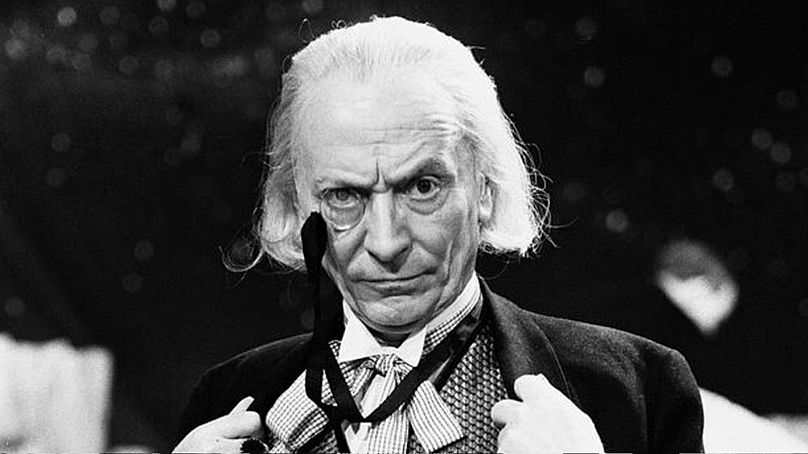
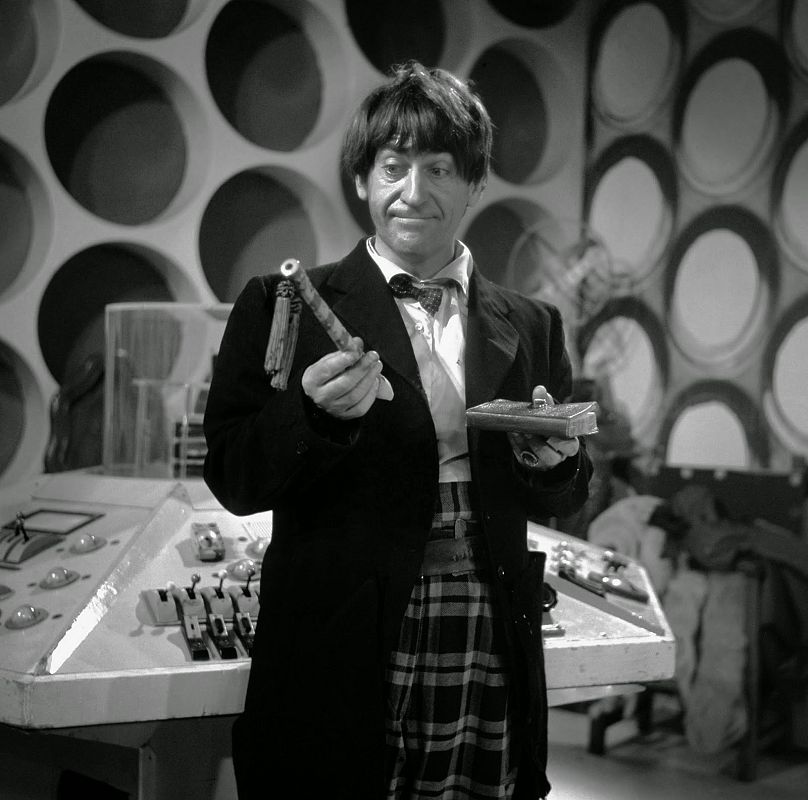
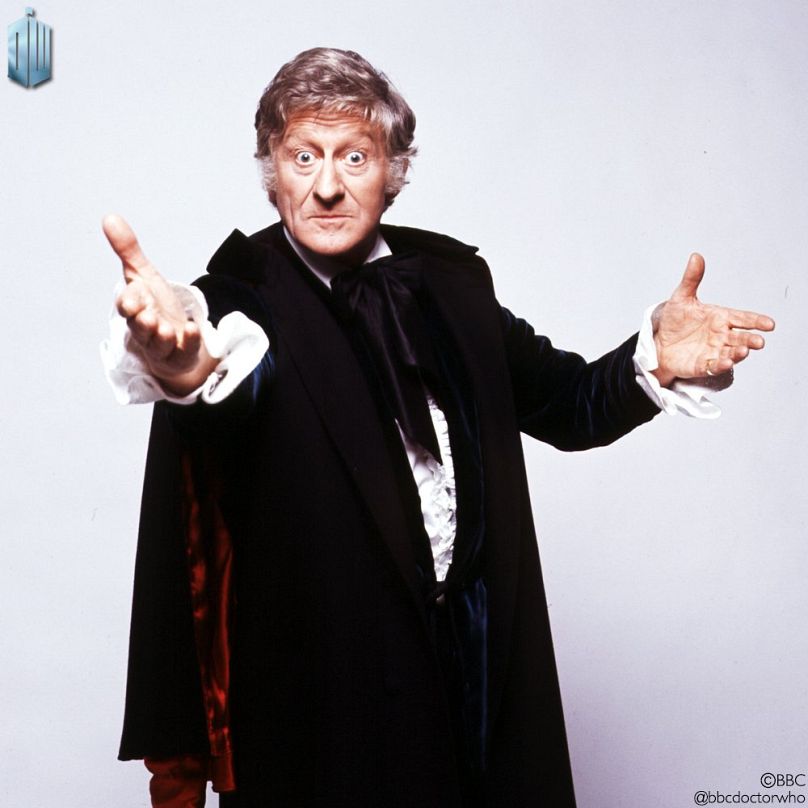

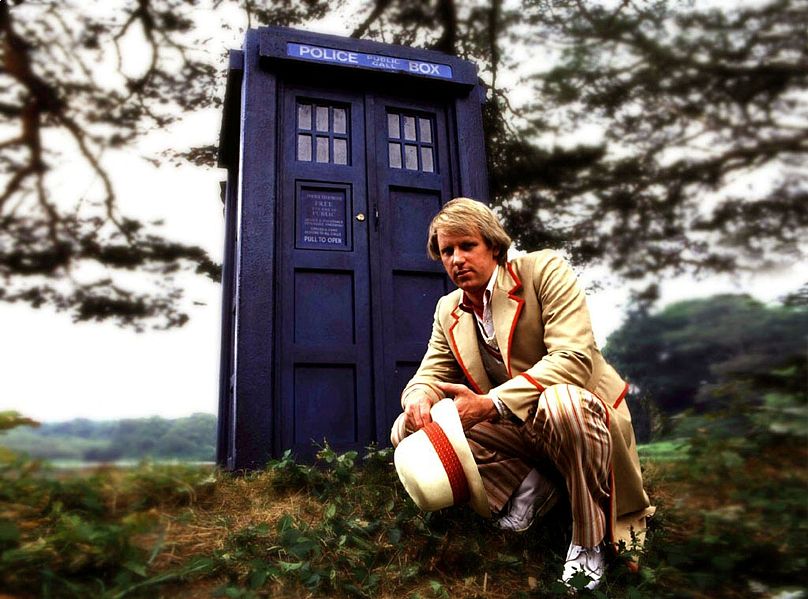
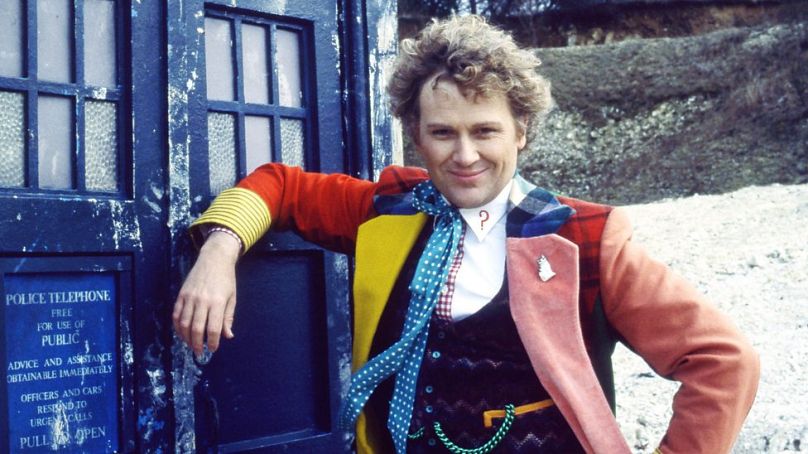
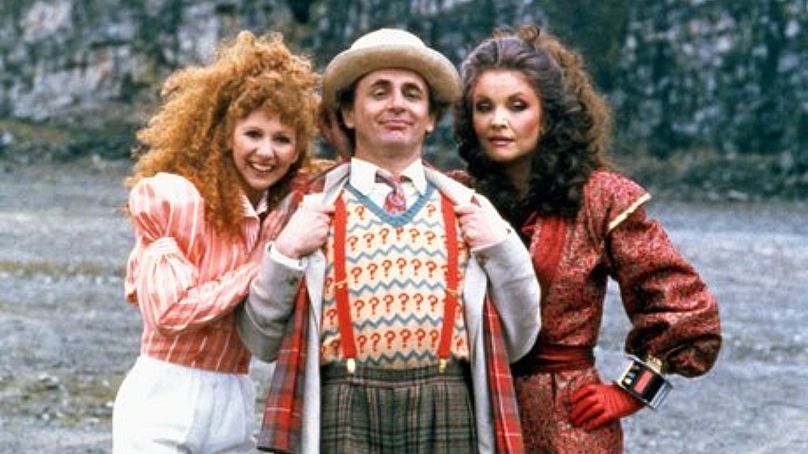
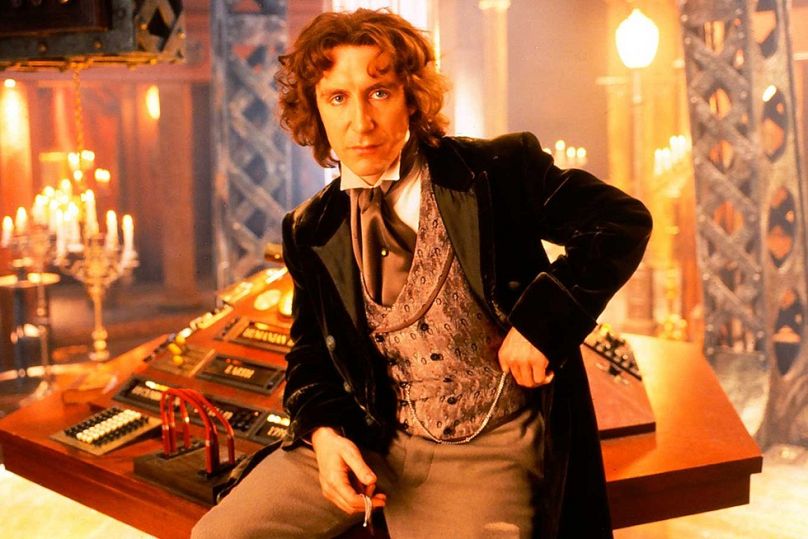
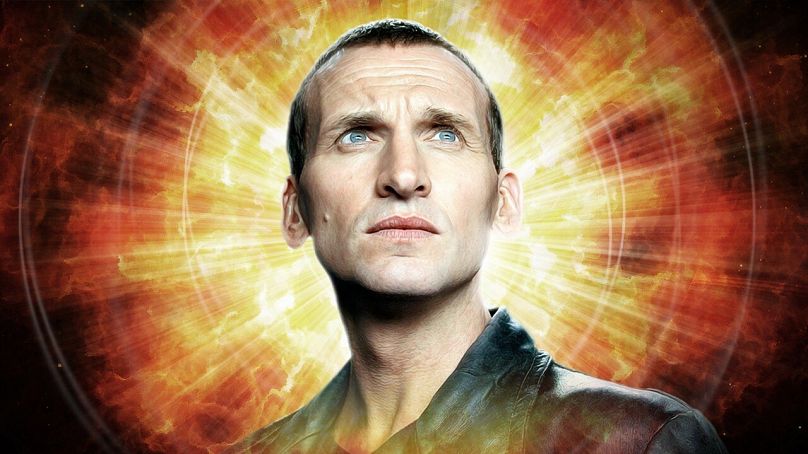
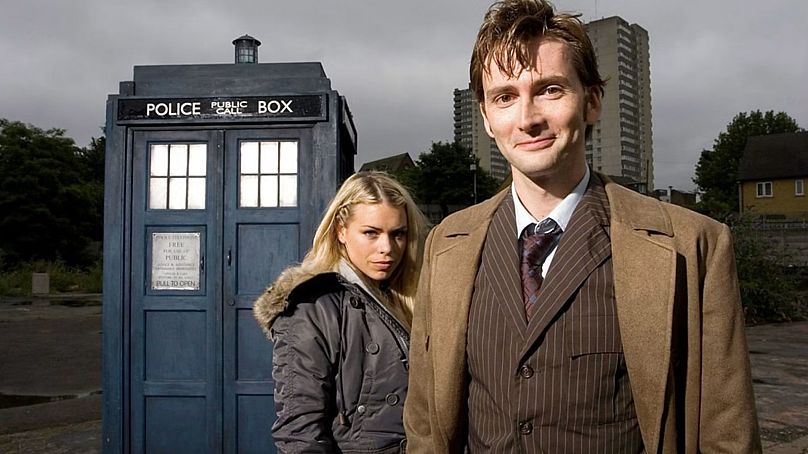
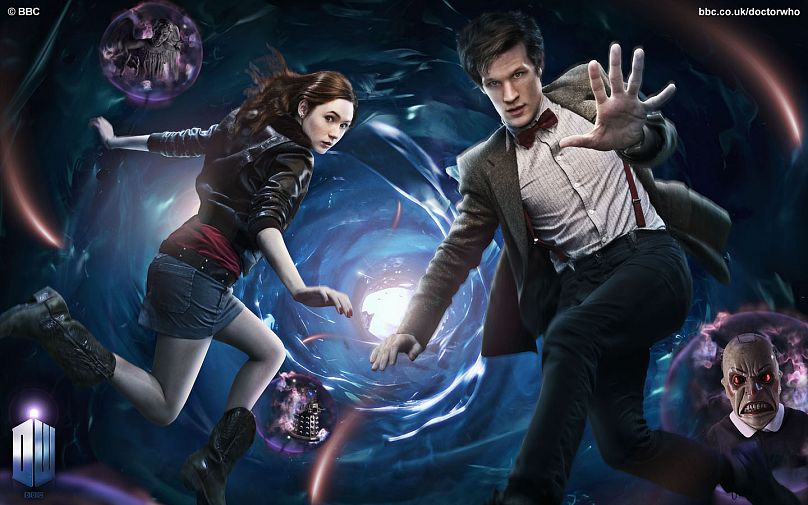
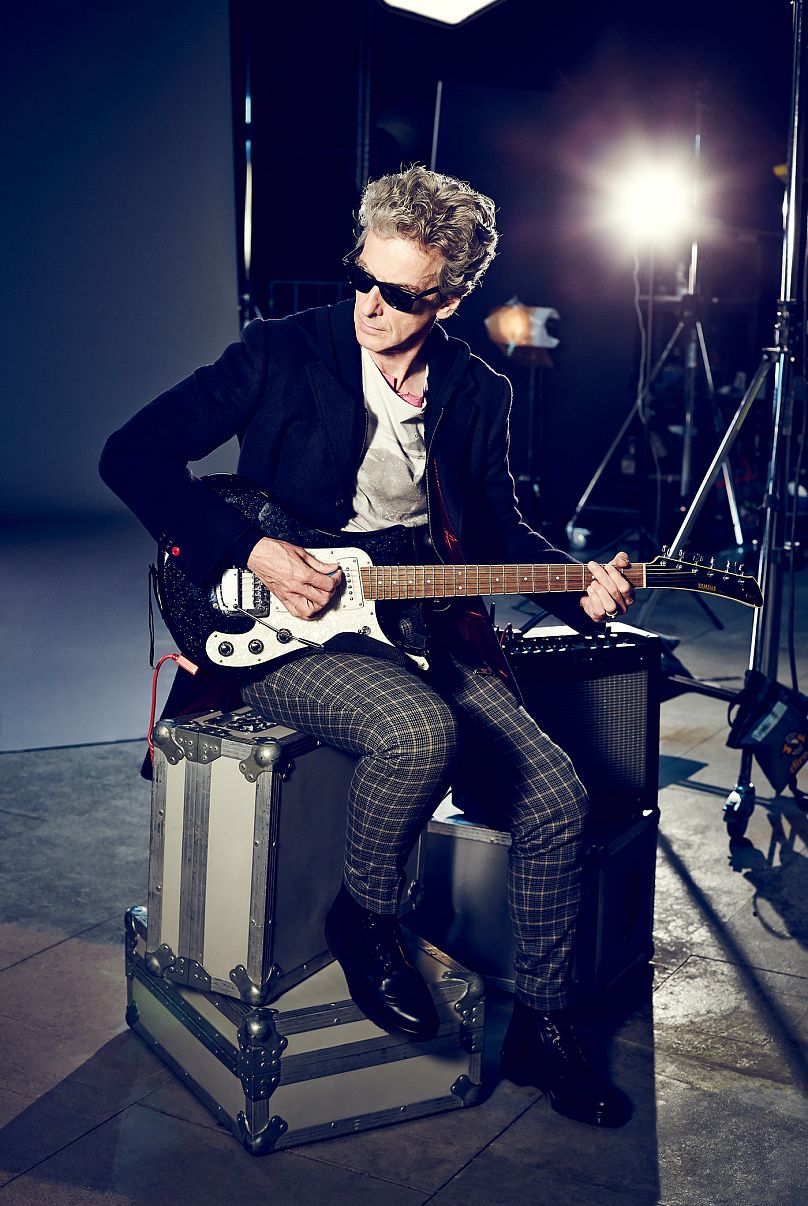
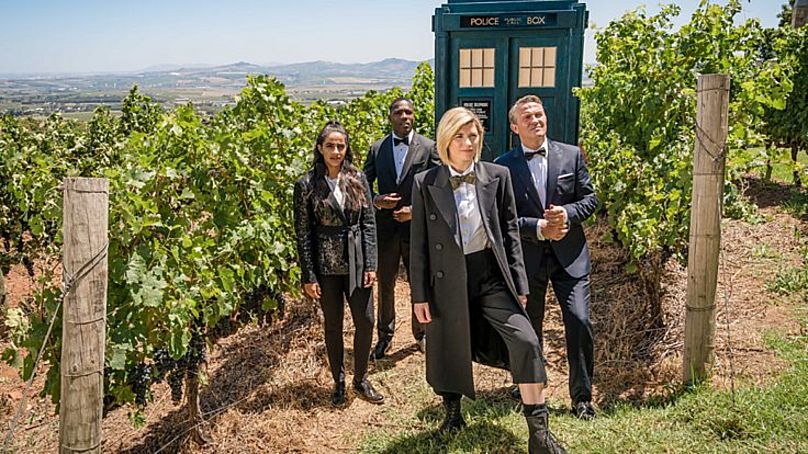
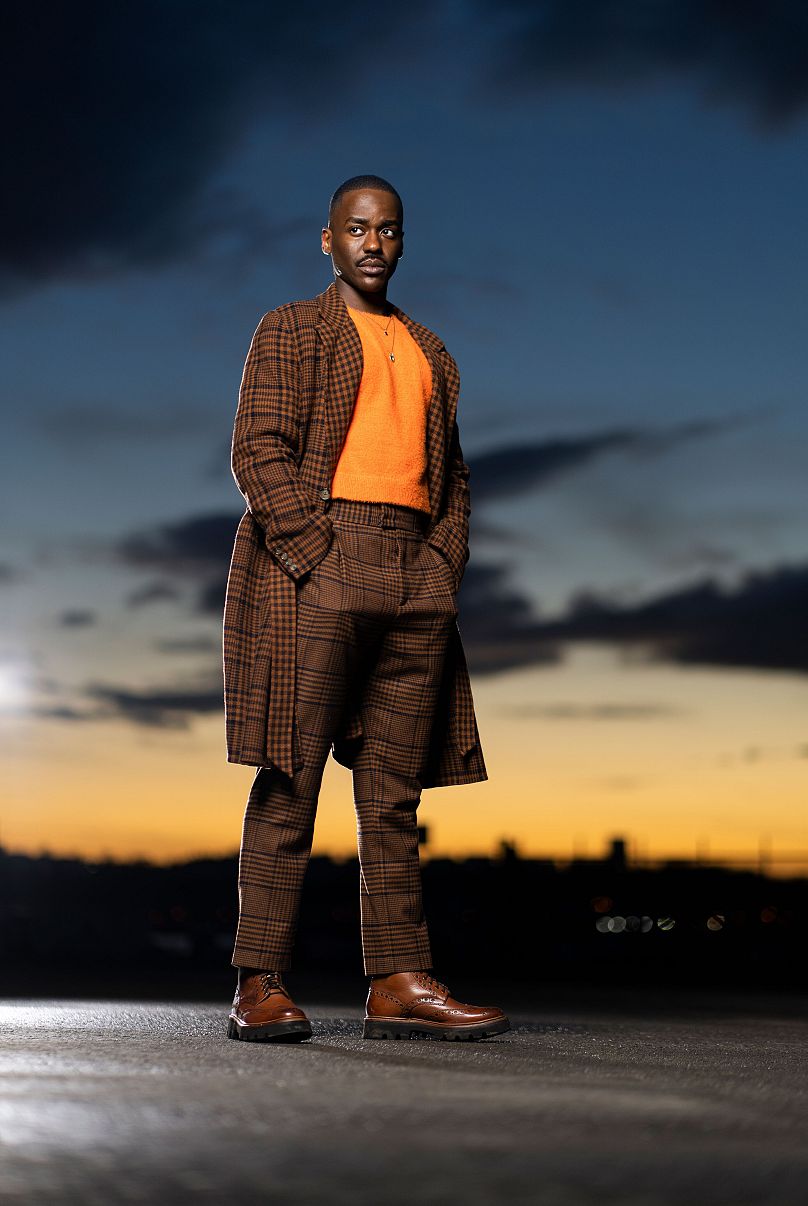
You must be logged in to post a comment.